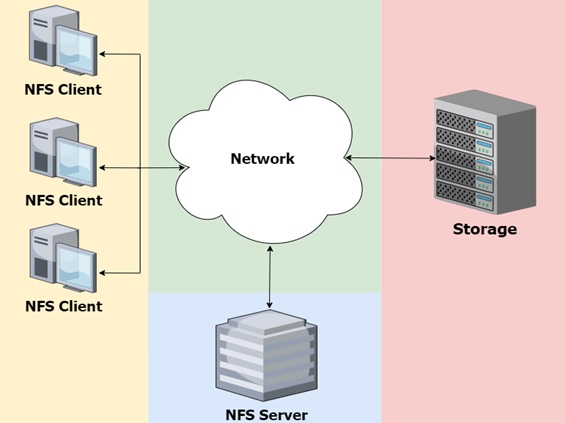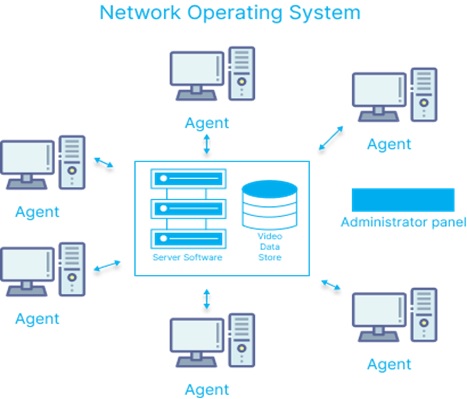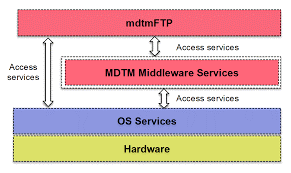Network File System (NFS)
Network File System (NFS) is a distributed file system protocol that allows clients to access files over a network as if they were on a local disk. NFS is commonly used in Unix and Linux environments, but it is also supported by other operating systems.
NFS allows a client computer to access files stored on a remote server as if they were stored on the local hard drive. This is accomplished through a process called mounting, where the client computer connects to the server and makes the remote file system available as a local directory.

Figure 1. Network File System (NFS)
NFS provides several advantages over traditional file sharing methods, including:
Centralized storage: NFS allows files to be stored on a centralized server, which can be accessed by multiple clients simultaneously. This reduces the need for local storage on each client and simplifies data management.
File sharing across platforms: NFS is supported by multiple operating systems, which allows files to be shared across different platforms without the need for specialized software.
Improved performance: NFS uses caching and other techniques to improve performance, which allows files to be accessed quickly over the network.
Scalability: NFS can scale to support large networks with multiple servers and clients, making it ideal for enterprise environments.
Security: NFS provides security features such as authentication and access control to protect files and ensure that only authorized users can access them.
NFS is a widely used protocol for sharing files in Unix and Linux environments, and it is supported by many operating systems and network storage devices. While NFS provides several benefits over traditional file sharing methods, it does require careful configuration and management to ensure that it is secure and performs well.
References:
- https://www.baeldung.com/cs/nfs
Cite this article:
Hana M (2023), Network File System (NFS), AnaTechMaz, pp.106















